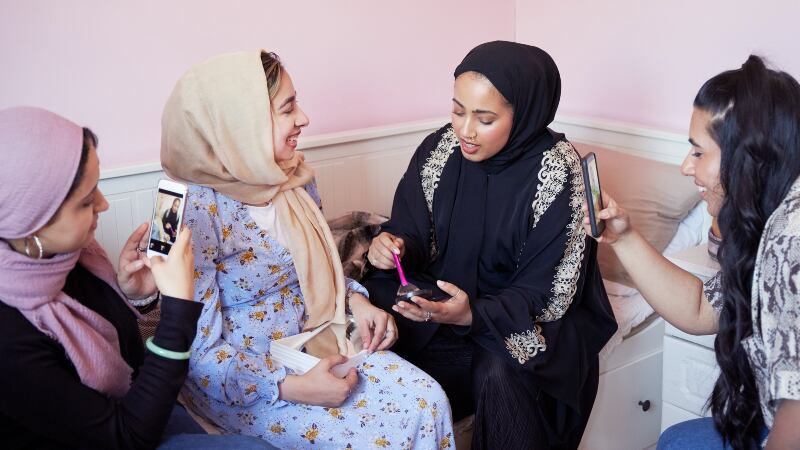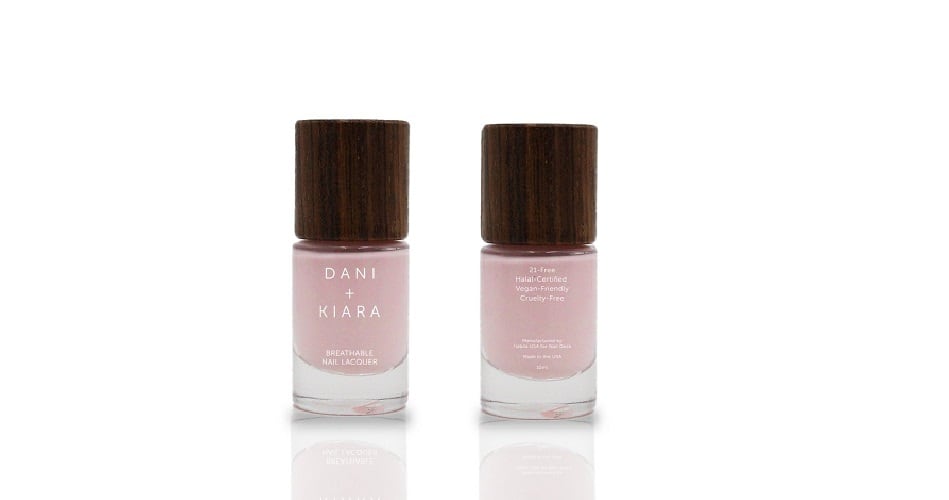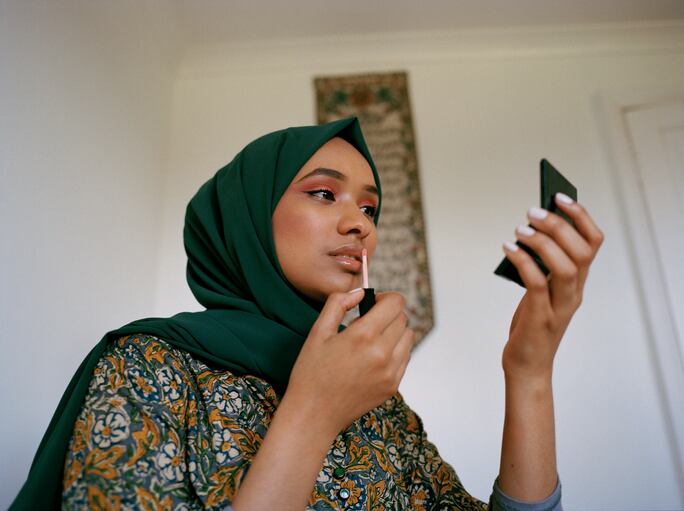The halal cosmetics market in Asia-Pacific is projected to rise with a 9.08% CAGR between 2023 and 2032, according to MarketResearch.com.
Speaking to CosmeticsDesign-Asia, Héloïse Lefebvre du Prey, South Asia Project Manager at Asia Cosme Lab, said that Indonesia is currently the biggest market for halal beauty in Asia, mainly because it is mandatory for cosmetics sold in the country to obtain halal certification.
“This signifies an important space for growth, as the local market is growing rapidly. Malaysia is another major player, not so much in terms of size but of regulations — it was the first country to introduce a halal blockchain some years ago. Singapore should also be mentioned for its emergence of services dedicated to Muslim women, such as hijab-friendly salons, and its own halal certification entity,” du Prey added.
The “huge potential for growth” has led international companies to closely follow the latest innovations of South East Asian (SEA) firms and to develop their own brands in the region.
“Some Japanese companies have started to take interest in the category by launching their own halal-certified brands. For example, long-established cosmetics manufacturer Momotani Juntenkan has created a vegan and halal-certified brand called Happiness Beauté.
“The market is becoming highly competitive, particularly among domestic brands who are more familiar with local consumer needs and generally have a fairer price positioning, compared to international or Asian brands from Japan or Korea,” du Prey shared.
However, halal certification remains a key challenge for companies looking to enter the space.
“To obtain halal certification, the company is required to abide by many rules, including a stringent control of ingredients, manufacturers, packaging and so on. The tedious and costly processes might be a deterrence, especially for non-local brands,” she explained.
SEA landscape
Even within the region itself, cultural differences and diverging trends affect SEA brands’ ability to export to other countries, despite soaring popularity in their home markets.
Nevertheless, some brands have managed to penetrate into neighbouring markets with relative success.
“Indonesia’s leading halal brand Wardah is doing well in Malaysia, and Malaysia’s Safi in Indonesia. In addition, brands like Somethinc and Azarine from Indonesia are also noteworthy — they adapt quickly to the trends and consumer demand, they launch products nearly every month, and they partner with both local and Korean ambassadors to give visibility to their brands,” said du Prey.
At the same time, there is an ongoing shift among consumers in Indonesia, Thailand and Singapore regarding local brands.
“Beyond the halal identity, consumers are also extending support for inclusivity, homegrown firms, and female entrepreneurs.”
Trends in 2023 and beyond
In terms of halal beauty trends, the “sophistication of skin care routines” is expected to continue in 2023, as consumers in the SEA region become increasingly informed about ingredients and their benefits.
“Hybridisation and multifunctional products, such as skin care-enriched and pollution-proof colour cosmetics, are the next big thing in SEA, with the focus shifting from glam makeup looks (pre-pandemic) to no-makeup looks (during the pandemic) to the quest for a healthy natural glow (post-pandemic).
“Items that are easy to use and reapply during the day, and in formats like mist, stick and cushion are also getting highly popular,” du Prey added.
Furthermore, hair and body products dedicated to hijab wearers appear to be a resurgent category.
“This group of consumers is looking for answers to their specific needs in the hot climate. These include product innovations that claim to provide long-lasting fragrance, extreme coolness or scalp-focused care.”




